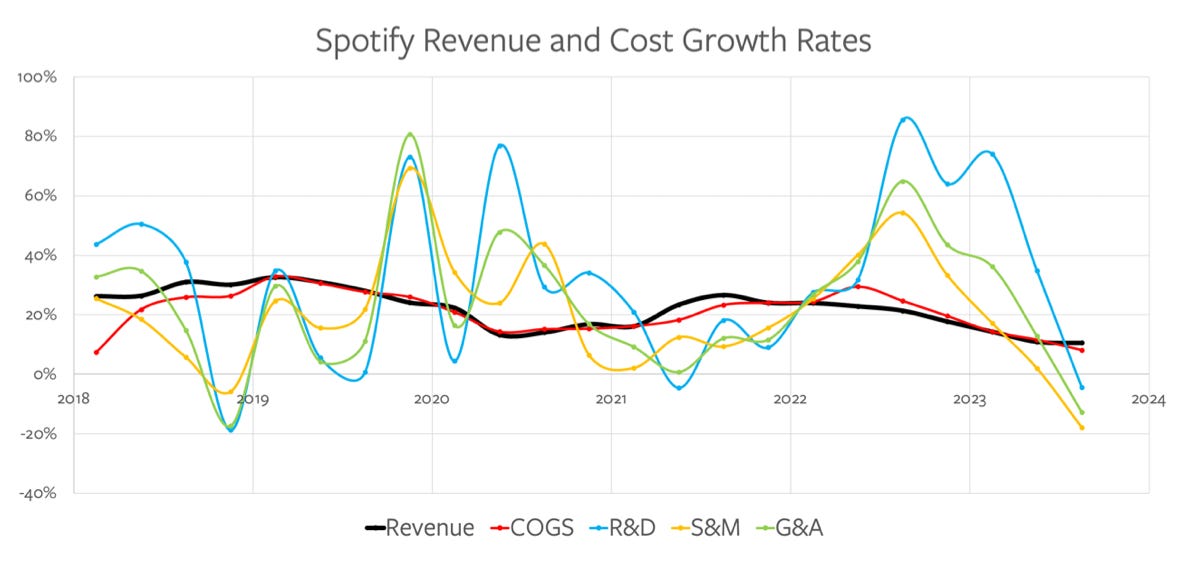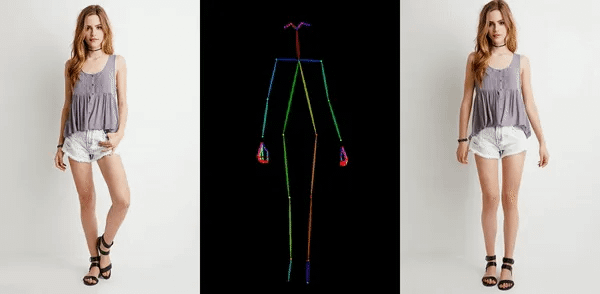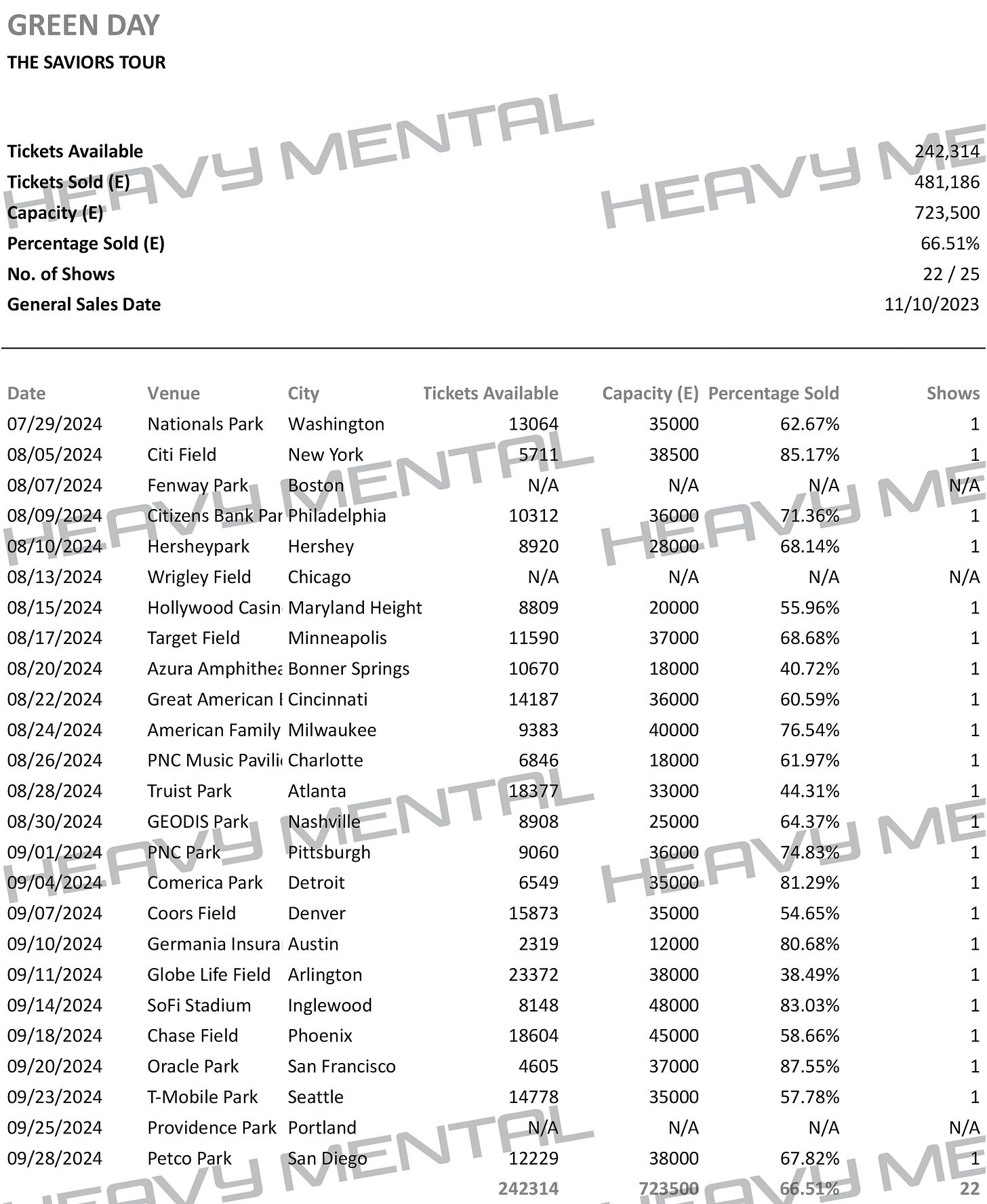Unwrapped Realities
Spotify's Challenging Year in Review
Via Bloomberg:
It’s never fun to write about layoffs, and having been there myself (right now, actually), I sympathize with all affected. I must also emphasize their necessity, perhaps even delayed, for Spotify's financial health.
The Spotify Model
Spotify, an aggregator of music, offers vast audio content and discovery tools. The model makes perfect sense when you’re Google or TikTok and the content being aggregated is very fragmented. But Spotify’s content is different and its profitability is hindered by the unique dynamics of its suppliers - music labels forming an oligopoly with significant pricing power and control over music catalogs.
I’ve written about this before:
Spotify is dependent on record labels for content, leading to costs always rising with revenue. Despite renegotiated deals for lower royalty rates, the company's losses in absolute terms are increasing, underlining its vulnerability to label-controlled margins.
Spotify's move into podcasting and advertising, a market with greater fragmentation, shows promise. Here, Spotify can potentially leverage its aggregator status to build a lucrative advertising business. The beauty of the advertising business model is that it is, at scale, an infinitely leverageable business: Google and Meta, for example, have self-serve advertising businesses that attract revenue with zero marginal cost.
Achieving the scale necessary to make that model work (and building the underlying technology) are massively expensive, but that expense is fixed costs that can be leveraged across an ever increasing amount of advertising dollars earned.
Or maybe rethink handing a former prince and his wife $20M for 12 (!) episodes of a podcast.
Spotify's financial journey shows notable fluctuations in costs, partly due to 'social costs' linked to its stock value.
Via Spotify’s financial statement:
As its stock stabilized, these fluctuations lessened, but the overall rise in operational costs in 2022 is a concern, especially as revenue growth decelerates post-COVID.
Spotify has long had positive free cash flow thanks to the fact that it collects money from subscribers months before it pays out to labels and artists. It’s definitely not ideal — shareholders buy Spotify stock with the assumption it will make a profit eventually — but the company could keep plugging away indefinitely with its current cost structure.
Until 2026.
Spotify’s Debt
Via Billboard:
The exchange rate for these notes was approximately $515.20/share; needless to say, it doesn’t appear likely that Spotify is going to hit that price anytime before 2026.
That means that Spotify will have to either pay off or refinance that debt, and is important context for Ek’s letter to employees.
Daniel Ek’s Letter to Spotify Employees
The nod to the bygone era of low interest rates isn't just wistful reminiscing; it's a stark reminder of today's harsher financial realities. Let's play with a hypothetical: if Spotify needs to refinance its debt at, say, a 7.5% interest rate, we're looking at a hefty $97.5 million in annual payments on that $1.3 billion. That's not just a dent in Spotify's free cash flow; it's a seismic shift in its financial maneuvering room.
The company's chronic profit woes might have shareholders grumbling but in the end, it's the bankers who Spotify really needs to listen to, especially given its considerable debt load.
However, debt isn't the sole actor in this financial drama. It's disheartening for Ek, those of us observing, that despite their spending spree over the past couple of years, there hasn't been a corresponding uptick in revenue growth.
It's a jagged little pill to swallow.
Yes, building an advertising platform is a long game, but you'd expect some significant strides by now. Instead, Spotify's big bets have yet to pay off in a meaningful way.
Hidden Bonus Track
Spotify has now pulled all jobs off their career site, so it’s safe to say it’s a Layoffpalooza and hiring freeze. Best of luck to all now looking for work.
Video Killed the Radio Star Influencer
Another week day, another AI advancement and announcement.
AI-generated video is on the brink of experiencing its ChatGPT moment.
Pika announced its lifelike text-to-video generator last week
Chinese tech giant Alibaba delivered another surprise by announcing Animate Anyone, a new AI tool that turns still images into videos.
The technology is great news for businesses that will be able to use the new tool to create realistic videos cheaper and faster for commercial purposes. But fashion social media influencers may not share the same level of enthusiasm, as many may find themselves competing with tools like Animate Anyone for work.
Spotify Drops Advertising Insights
While Spotify Wrapped gave users insights into how they listen, the company also gave advertisers insights into how people overall listen. Expect an end-of-the-year ad push to jump on movements like emotion-based listening, the popularity of comedy content, and everyone’s alleged prioritization of wellness.
Music
People listened through their emotions — Gen Zers are 1,338% more likely to stream “heartbreak” playlists, while millennials are 357% more likely to listen to music that projected positivity. Gen X rightfully rolled their eyes.
Gen Z discovered “older” music — young listeners were 145% more likely to listen to artists who haven’t released new music in over 18 months. 18 months? That’s not old!
Parents love punk and metal — In 2023, Parents (of any age) were more likely to stream heavy metal and punk music than other Spotify users.
Podcasts
Comedy was the most popular genre — 26% of total podcast streaming hours.
Video podcasts are on the rise, increasing 48% over the past year.
Podcast ads are the fastest-growing ad product on the platform, growing 40% this year.
And across music and podcasts, “wellness” content — meditation, mindfulness, relaxation, etc. — grew a whopping 492% over the past year.
Luxury Merch
Music merch has gotten a major streetwear update over the past few years. With the lines blurring between music and fashion (Pharrell is the ultimate example), artists may start to routinely crown themselves as “designers” and launch brands that’ll provide them with income between touring and their next albums.
Concert Chic
Brands like Broken Planet, Balenciaga, and Martine Rose have been tapped to make official tour merch for musical acts — especially hip-hop artists.
The idea is that by making merch more expensive and dropping it in limited quantities, sales will skyrocket.
That’s become especially important as streaming revenue doesn’t actually make anyone rich, and artists rely on ticket sales and merch for the majority of their income.
And demand for quality merch is strong — during the pandemic, vintage band tees were a hot commodity and prices have remained steady.
To get a sense of just how successful limited-edition concert merch can be, look no further than Travis Scott’s Circus Maximus Tour — shows in Denver and Dallas saw receipts hit over $1 million per night, which broke new records at their respective venues. I can think of three bands that hover around that mark nightly, although they don’t drop a press release to brag about it.
Anyway, it should also be noted that Travis Scott prices his t-shirts at an eye-popping $55 and long sleeves at $75, and $85 respectively.
And they routinely sell out before Scott takes the stage. The point being that it’s not just Stones fans dropping big bucks on merch.
TICKET DATA
➡ TICKET COUNTS are the current number of tickets available for a tour on Ticketmaster US and Canada. The document will mention: Event Date, Venue, City, Tickets Available, Estimated Tickets Sold, Estimated Capacities and Percentage Sold.
➡ BOX OFFICE is the current list of box office reports for a tour. The document will mention: Event Date, Shows, Artist, Revenue (USD), Tickets Sold, Capacity, Percentage Sold, Venue, City and Country.
JOBS!
Experiential (Festivals) College Associate at Live Nation; Part-time/summer in New York, NY; $15/hr.
Director of Operations at Washington Concert Opera; Hybrid in Washington, DC; $65,000 - 80,000.
Music Business, Full-Time Assistant Professor at New York University in NYC, NY; $75,000 - 115,000.
Marketing & Events Rep for Warner Music U; Part-time, Remote; $13.25 - 18.07/hr.
Booking Manager at Goldenvoice; Los Angeles, CA; $67,000 - $88,430.47.
Customer Success Manager, Music & Entertainment at Tradable Bits; Vancouver, BC; $60,000 - 70,000.
Integrated Marketing Manager at AEG; Philadelphia, PA; $65,000 - 75,000.
LN Concerts, Operations Manager at The Ritz Raleigh in Raleigh, NC.
Marketing Manager at SaveLive in St. Louis, MO.
Festival Director for the New Hampshire Music Festival; Hybrid in Plymouth, NH; $25 - $40/hr.
Marketing Director, Olympic and Paralympic Hospitality at On Location in New York, NY; $131,250 - 175,000.
Executive Director for Bumbershoot: Seattle’s Arts & Music Festival; Seattle, WA; $120,000 - 185,000.
Group Strategy Director at UnitedMasters; Hybrid in Brooklyn, NY; $180,000 - 210,000.
Operations Manager at Danny Wimmer Presents in Los Angeles, CA; $70,000 - 80,000.
THE NEWS DESK
Spotify Is Eating the Entire Music Business
This echoes a recent Eamonn Forde op-ed where people understand the permanence of Spotify in today’s music ecosystem and are urging to identify the company’s overreach as not being good for its health, or potentially the rest of the industry.
Inside an OnlyFans empire: Sex, influence and the new American Dream
The fast-growing platform represents the creator economy at its most bluntly transactional, where sex is just another unit of content to monetize.
TikTok and Ticketmaster are expanding their partnership
Artists on TikTok in 21 countries can now use the Ticketmaster ticketing feature to promote their events and connect with fans on the platform by adding their Ticketmaster event links to their videos before publishing.
ByteDance is launching an AI development platform
ByteDance is set to launch a public platform where users will be able to develop their own AI models. Do all your proprietary AI work on their platform, they pinky swear they won’t steal your ideas.
Sean ‘Diddy’ Combs Faces New Lawsuit Claiming ‘Gang Rape’ Of Teen
In a lawsuit filed Wednesday in New York federal court, an accuser claims she was “sex trafficked” and “gang raped” by Combs, former Bad Boy Records president Harve Pierre, and another man in 2003 when she was 17 years old.
Sean Combs Traumatized Me
Grammy-winning songwriter Tiffany Red describes why she was "terrified" for her close friend Cassie amid physical and sexual abuse allegations against the music mogul.
How ‘Mr. Brightside’ Became a Generation’s Anthem
Overlooked at its release, the Killers’ signature hit has become one of the most inescapable rock songs of its time.
Something Else?
This San Francisco Startup Wants Your Dog To Live Longer
The FDA validated canine life extension company Loyal’s claim that its flagship drug can extend larger dogs’ lifespans. This isn’t the final step to approval, but the company is calling it a milestone.
George Santos is Earning Six Figures from Cameo Videos
After getting fired from his job, George Santos has created an account on celebrity video app Cameo, where his bio reads: “Former congressional Icon! 💅.” Cameo CEO Steven Galanis says Santos, who’s already far out-earning his congressional salary, “is going to be an absolute whale.”
Strava Gets in-app Messaging
Fitness-tracking app Strava has launched in-app messages, a move that has many celebrating the launch of what amounts to a “dating” feature in the app. Some have decried the move as ‘Tinder, but only for people who take care of their bodies.’
Invest now!
Consulting Giants See AI Shaving Years Off the Path to Partner
At KPMG, new grads are now doing tax work that previously required three years experience, as AI workflows have simplified their processes. Execs at KPMG say the company can save as much as 15 hours per worker every month with the help of AI.
Why TikTok is dangerously good at making you spend money
Since introducing TikTok Shop, an in-app shopping feature, the social platform has sold about $7 million worth of products a day in the U.S., with a goal of reaching $10 million a day by the end of the year.
And Finally…
Kids, Don’t Follow Your Dreams
Anduril’s Palmer Luckey confronted the age-old truism ‘children should follow their dreams.’ Even back in the 70s and 80s, when that meant “astronaut,” the advice was probably not a winning strategy for the future. But now, with most kids dreaming of clout on TikTok, and their own well-branded lip kits, the advice is practically suicidal. Palmer unpacked the point:


























